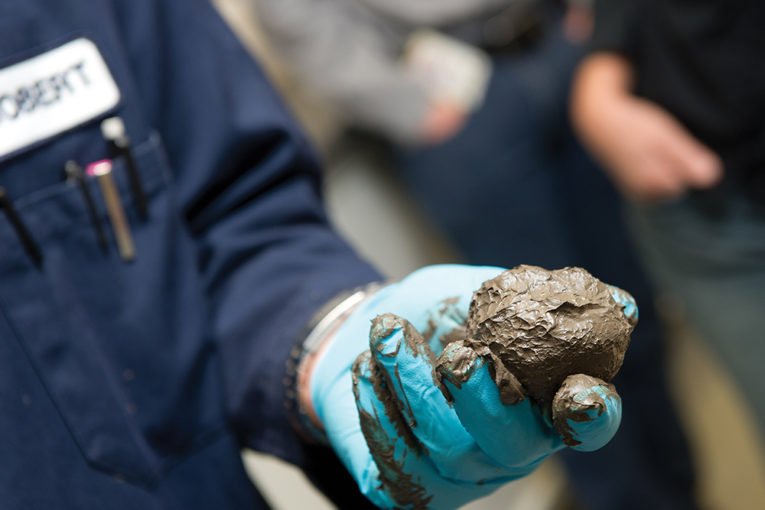
An oil and gas-focused group that made an unsuccessful bid under the federal government’s “supercluster” program has been awarded $100 million from Ottawa to develop and commercialize clean technologies.
The money, which will be spread over four years and was announced in Tuesday’s federal budget, will go to the Clean Resource Innovation Network (CRIN) — a consortium of energy companies, research facilities, government bodies, academic institutions and financiers dedicated to enhancing innovation in the Canadian oil and gas sector and reducing the industry’s environmental footprint.
CRIN, which was formed in 2017, originally made a pitch for inclusion in the government’s $950-million “supercluster” program, which aims to support business-led partnerships that have the potential to energize the economy and become engines of growth. However, the oil and gas-focused group was not one of the five successful superclusters announced by the federal government in February 2018. (The supercluster funding instead went to groups working in the areas of artificial intelligence, plant protein, advanced manufacturing, digital technologies and ocean-based industries.)
Joy Romero, vice-president of technology and innovation at Canadian Natural Resources Ltd. and chair of CRIN, said it was disappointing for the energy sector not to receive recognition as a supercluster. However, she said the $100 million announced this week — which is being provided through the federal government’s Strategic Innovation Fund and will be used to leverage private-sector investments — is proof the industry is doing cutting-edge things in the realm of innovation.
“We are really pleased to be recognized for that innovation, and that’s what this says,” Romero said. “And it also says they (the federal government) have confidence that our innovation is clean tech innovation.”
While there are existing groups dedicated to technology development in certain segments of the energy sector (CoSIA for the oilsands, Petroleum Research Newfoundland & Labrador for the off-shore industry), CRIN is the first network of partners that aims to encompass Canada’s entire oil and gas industry. It also seeks to connect ideas that exist in the research lab with sources of capital.
“Because unless something is commercialized and broadly adopted, we’ve not managed to get there,” Romero said. “This is really about reducing our greenhouse gas footprint ASAP. But because what we do is so transferable, we want to make sure it jumps to other sectors across Canada and then also to other producers globally.”
Current areas of research for CRIN include digital oil and gas; hydrocarbon extraction; methane monitoring; low-carbon hydrocarbon end use; land and wellsite remediation; and water technology development.
Mayor Naheed Nenshi said the new funding for clean technology innovation is a positive step after Calgary was disappointingly passed over for supercluster funding last year. He said the federal government needs a plan to address continued high unemployment in Alberta.
“Investments right at this moment in Calgary and Alberta are a great window of opportunity,” Nenshi said. “Targeted investments now in helping us fill our talent pipeline, retraining people . . . these investments are very, very, very smart.”
Twitter.com/AmandaMsteph
You can read more of the news on source
